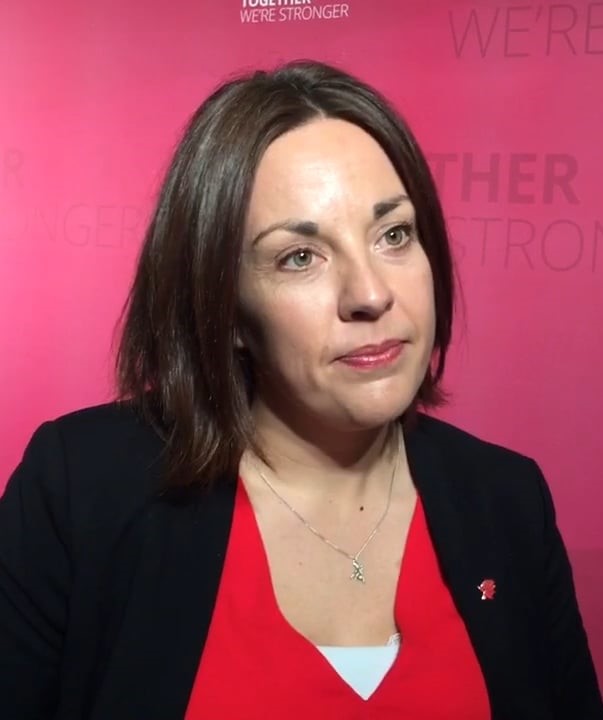Most of us would agree that it is never acceptable to ‘out’ someone. So why do we often hold public figures to a different standard when it comes not to their public, but to their private lives?
In 2016, the then Scottish Labour Leader Kezia Dugdale was quoted in an interview in The Fabian Review saying she had a female partner. Recently, Dugdale has claimed she asked the magazine to omit quotes about her sexuality but her request was ignored. Meanwhile, the journalist concerned said that no such request was made.
Does the public being aware of the sexuality of politicians have significant impact on anything other than parliamentary statistics? The classic argument is that, in consciously choosing a career in the public eye, individuals like Dugdale not only surrender a significant portion of their privacy, but also have a responsibility to set an ‘example’.
Obviously, for LGBTQ+ individuals, seeing themselves represented politically is very important. As more public figures come out as LGBTQ+, young people are given more diverse role models and this can help to make the world a more accepting place.
Surely this does not mean, however, that the public have a boundless right to information about an individual’s personal life, especially if such information will have no impact on how well that individual does their job.
As we know, we live in the age of an omnipresent social media. Anyone and everyone can search for and contact famous individuals through Twitter, Facebook and a whole host of other platforms at the click of a button. It should not be surprising that Dugdale would not want to share every aspect of her private life with the world. Why should she have to deal with a potential torrent of intrusive comments which, during her time in parliament and as leader of the Scottish Labour Party, could have detracted from her focus on her job? Dugdale herself stated she needed to keep her private life separate when working in such a high-pressure job, as it “gives [her] calm elsewhere.”
That is not to say that there are not positive outcomes when high profile figures come out. Although her ability to champion LGBTQ+ rights is not dependent on whether the public know details about her personal life, Dugdale’s status as a gay woman in a high profile role bolsters LGBTQ+ representation in parliament, where it is certainly needed. LGBTQ+ representation in the UK parliament does not currently reflect the population demographically.
The Scottish Parliament does lead the way, with LGBTQ+ politicians making up 17 per cent of MSPs, while 45 MPs across Britain as a whole identify as part of this group. However, only nine of the 45 are women and all are white. None are transgender.
Dugdale’s public induction into this out and proud cohort has added another woman to a statistics pool, the importance of which should not be underestimated. But coming out could and should have been done on her own terms. Her voice should not be hijacked. Although her coming out is ultimately a positive progression, public figures should be allowed some respite from being spokespeople 24 hours a day. We are all entitled to a private life.

